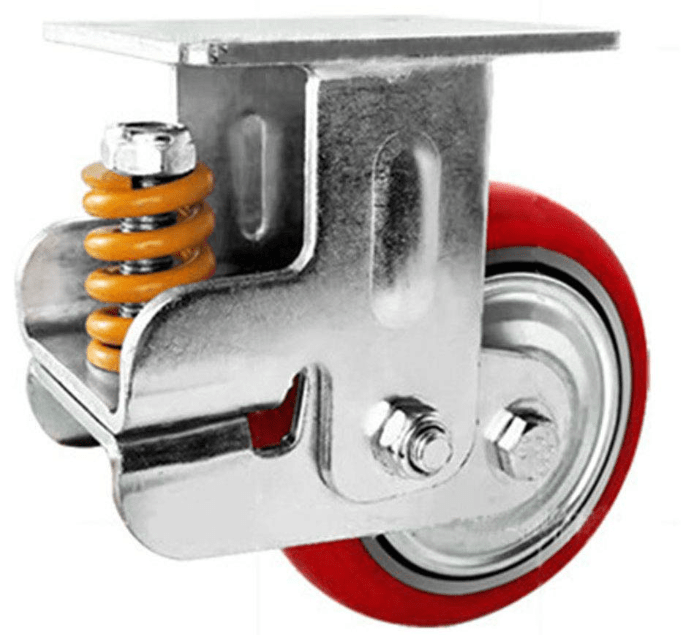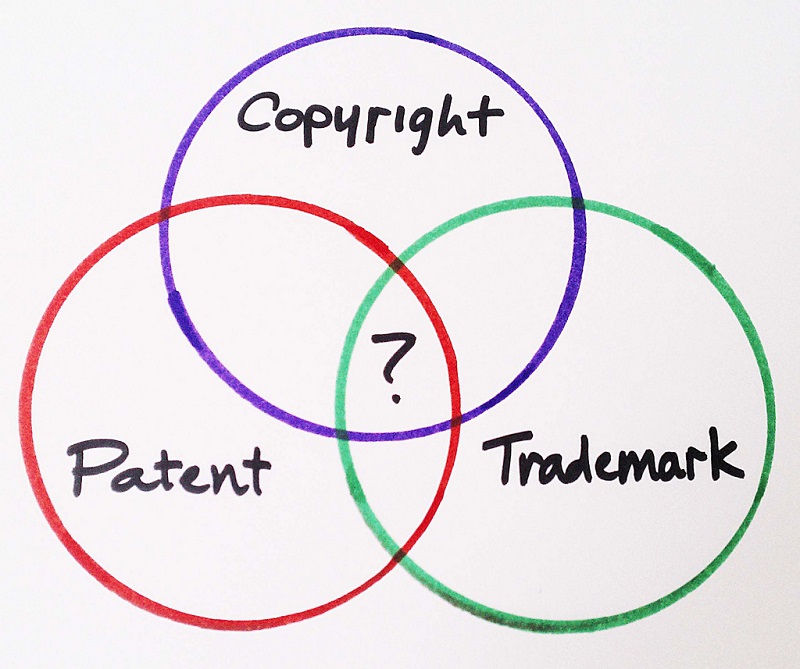Food production can be a highly lucrative market to get into. There are a lot of different options for what exactly you can produce, not to mention perhaps the biggest markets commercially.
After all, everyone needs to eat. But it’s not so easy that you can just jump in without any forethought or planning. If you don’t take care of the business well, then you end up making very little money or being shut down entirely.
In this article, we’ll look at eight major concerns to look at to stop that from happening.
Standards
One of the most important things about running any kind of food-related company. We’re talking about making sure that you have all your production and delivery methods up to standard.
For example, if you’re producing different kinds of foods, certain elements need to be kept separate from others. This is to avoid contamination.
You also need to make sure that all your employees are trained and adhere to the standards of handling food hygienically. If you fail in this, you can lose it all.
Demand
Not only do you want to make sure that you’re making healthy products. You also need to ensure that the products you’re making actually have a market for them.
Everyone eats food, but you need to make sure that your food has demand in the area you’re selling it. If they’re already provided for, then you’ll have a much harder road. If there’s little demand for the food, you’ll have no business at all.
You need to do your market research ahead of production to make sure that your efforts aren’t for nothing. For people who are new to the food business, you can even make use of those who already know the industry to do the research for you.
Delivery
It’s not all about producing the right food and producing it in the right way, either. After you make the food, you have to make sure it gets to the right places. Not only do you have to market to retailers and wholesalers, but a lot of businesses need to keep track of extensive delivery systems as well. This could mean maintaining a fleet of vehicles. Or using time-keeping software to ensure that all deliveries are progressing as they should be.
If you’re unable to provide an efficient delivery system, your products won’t get to where they need to be. This means that you’re letting down your partners and they’ll be less likely to keep doing business with you. It would be best if you were reliable as well as effective.
Packaging
Having good packaging is essential for food production. It must be designed in such a way that the product inside can be kept safe and secure for a long time, while also being attractive to potential customers.
Investing in high-quality materials such as moisture-proof plastic or metal containers is a great idea. Additionally, make sure to use labels that are easily readable and contain all the necessary information about the product, such as ingredients, expiration dates, and nutritional facts.

Advertising
Once you have a good product with solid packaging, it’s time to start selling it.
In order to reach your target audience, you should invest in promotional materials such as flyers or brochures, create a website for your business and use social media platforms like Facebook or Instagram to showcase what you offer.
Additionally, attending specialized expos and trade shows can help you make connections with potential customers.
Quality Control
It is essential that food production businesses maintain quality control standards in order to ensure the safety of their products.
This means making sure ingredients are verified as safe, checking that recipes are followed properly, and making sure all packaging meets the standards. Additionally, proper storage conditions should be observed in order to maximize the shelf life of products.
Regulatory Compliance
Food production businesses must comply with local and national laws and regulations related to food safety, ingredient labeling, waste management, and more.
Staying up-to-date with the latest requirements is essential in order to minimize risks of legal repercussions or product recalls.
Additionally, obtaining certifications such as HACCP can help you prove your commitment to producing safe food.
Risk Management
Like any other business, food production companies need to prepare for potential risks they may face when running their operations – from natural disasters or accidents causing disruptions in the supply chain to unexpected changes in customer demand or regulations.
Planning ahead and having contingency plans can help you minimize the potential damages if such events occur.
Final Words
By following these tips, you will be well on your way to successfully running a food production business.
Remember to take all necessary precautions and always strive for excellence when it comes to providing customers with safe and delicious products
















